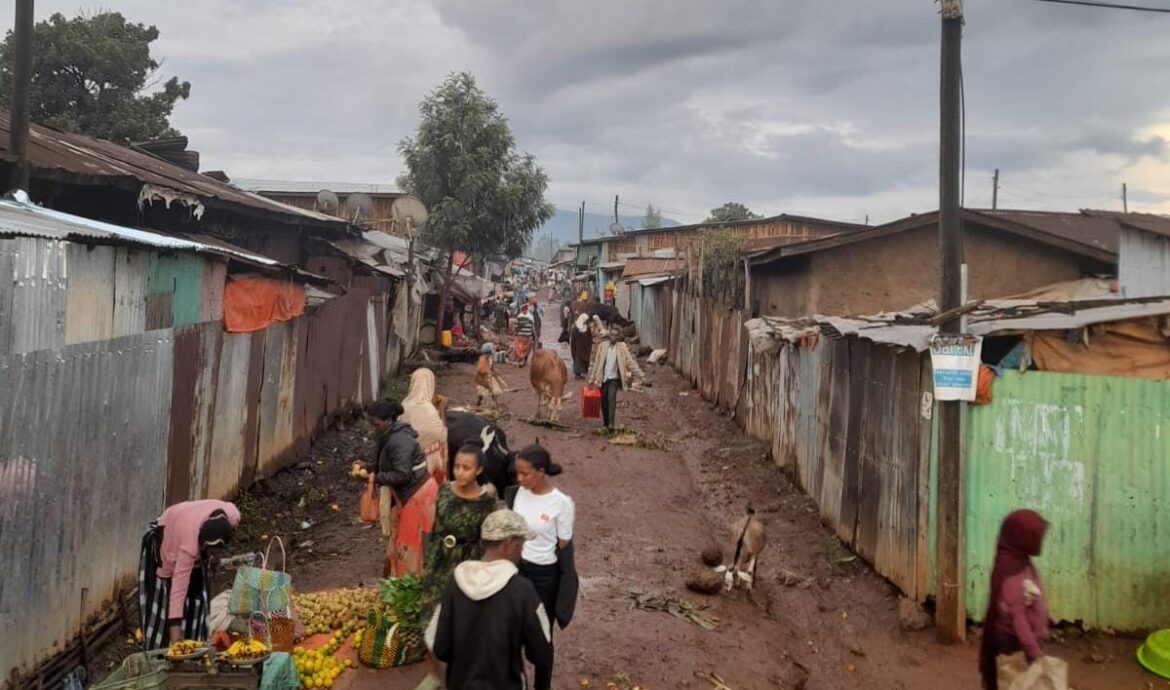
Learning to “be human” – Giada’s experience as obstetrician in Ethiopia
Authors . CultureAt the end of April 2023, Giada left her home country (Italy) to live an experience of three months in an Ethiopian hospital, doing what she is studying for: to become an obstetrician. “I would say that going to Africa has always been a dream for me. However, I don’t mean Africa as a continent, but as the chance to go there to be able to do my little part.”

A new working environment
The figure of the obstetrician belongs to the field of healthcare professions and is that figure who helps women give birth. In Ethiopia Giada had to deal with a culture as well as a working environment that is completely different from the Italian and the Western European one, and this was very hard for her, especially at the beginning. “It wasn’t easy, especially working in an environment where everything was done in a very different way from what we are used to, and trying to understand why certain behaviours and actions were carried out in that context was very difficult”.
The cultural differences in the working environment have therefore led her to confront herself with the meaning of her professional figure, which in Italy gives a big support to women, both medical and psychological. On the other hand, in Ethiopia professionals simply stick to their obstetrical role: helping women to give birth. In fact, one of the biggest difficulties Giada faced was to accept a behaviour towards women that she interpreted as cruel and violent, because women were subjected to unnecessary pain, that could instead easily be avoided. “I won’t hide the fact that at a certain point I also asked myself: “Was I right to come here? Can this experience really give me something from a working point of view?”.
It’s all about perspective
Then, she managed to change her perspective making this experience one of the most beautiful and important of her life. “Then I stopped and, instead of wanting to be a “teacher”, I started observing. And I realised that their behaviours and actions were mostly dictated by cultural factors: all the pain that women endure, which made no sense to me, made sense to them, because it was culturally accepted.” Giving birth in their culture is not meant to be something “magical and beautiful”, as we understand it, but rather it is something natural and painful and women themselves accept the fact that giving birth means pain and sacrifice.
Starting to observe, rather than trying to understand the reasons behind certain behaviours was therefore fundamental for Giada to be able to learn new things from this working environment. “We [Europeans] act always as the ones who must teach, and I also did it in the beginning, it is almost impossible not to. They are, however, the ones who teach us everything. What I learnt the most is “being human”, that is, being human in all the true values that a human being can have, so for example acceptance towards the different, towards the foreigner; true friendship, as well as real support for the people you love.”
Emotions that will not be easy to forget
The Ethiopian culture is, in her opinion, a beautiful, joyful, and very welcoming culture, as she always felt fully part of their community. “Three days after my arrival, they welcomed us by inviting us to a wedding, something that here [in Italy] doesn’t happen even after twenty years that you know someone. Their welcoming spirit made me think a lot about how I never felt different, even though I was white, and how we [Europeans] make other people always feel like “the different”, the foreigner.”
At the end, this experience changed her life, both from a working and human perspective: “I felt such strong emotions there that I don’t think I’ve ever felt in 21 years, from the deep joy while spending time together with my colleagues, to the deep sadness when I left those people and that place that had given me so much.”